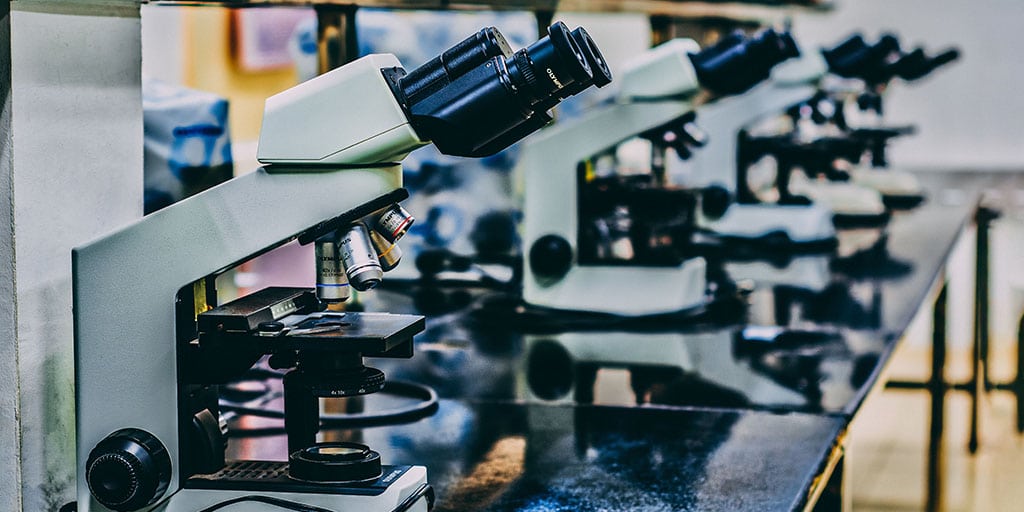St. Louis, Missouri has one of the most robust and distinguished biotech industries in the world. Home to an extraordinary concentration of world-class scientists, major multinational biotech companies, emerging enterprises, first-rate universities and research institutions, St. Louis is a world leader in corporate and academic bioscience research and development. And few industries are more data-intense than biotech.
Biotech requires staggering amounts of data to develop and trial new specimens, new products, new cures, and new solutions. Sudden, dynamic change can (and often does) occur, and when breakthroughs happen, there are surges in computation, processing and data collection that are seldom seen in other fields. Results in one lab need to be emulated in multiple locations, sometimes worldwide. Genomics, crowd-sourced research and development, electronic clinical research, biotech analytics, drug discovery and testing – all depend on the ability to process and manage rapid flows of data.
Some data-intense biotech organizations that call St. Louis home include:
- Many of the most well-known biotech companies, including Monsanto, Sigma-Aldrich Corporation, Solae, and Novus International;
- Several top academic institutions for biotechnology and life sciences, including Washington University, BJC HealthCare, St. Louis University, and the University of Missouri-St. Louis;
- BioSTL, a group of St. Louis civic, academic and business leaders that fosters collaborative efforts to achieve St. Louis’ potential in biosciences. The organization has launched an initiative called the BioGenerator, which has helped create over 40 new biotech startups;
- The Center of Research, Technology & Entrepreneurial Exchange (CORTEX), an entire bioscience district jointly launched in 2002 by Washington University, the University of Missouri-St. Louis, BJC HealthCare, Saint Louis University, and the Missouri Botanical Garden. Still expanding, CORTEX is projecting another $2.3 billion of construction for over 4.5 million square feet of research, office, clinical, residential, hotel, and retail space, and a new MetroLink light-rail station;
- The Donald Danforth Plant Science Center, the largest independent research institution dedicated to plant science in the world. Enhancing plant nutrition, increasing agricultural production, reducing the use of chemicals, and developing biofuels are just a few of its many research initiatives;
- The Missouri Botanical Garden, a world-renowned botanical research and conservation institution. It contains the world’s largest database of plant information, and its herbarium is one of the world’s outstanding research resources for plant specimens.
These St. Louis biotech innovators need a cutting edge infrastructure, one that enables data storage and processing at the edge – the periphery of the network – as close to the end user as possible. Traditional IT infrastructures can no longer support the industry’s data requirements. Biotech organizations and institutions need to limit the distance between the data source and the end user. Leveraging interconnected edge data centers provides them with direct cloud on-ramps and access to an ecosystem of carriers and network providers, enabling them to always keep pace with increasing processing demands.
Netrality is proud to support biotech organizations by enabling them to collaborate on an unprecedented scale, sharing and processing data from labs and colleagues across the globe. Netrality’s interconnected colocation data centers at 210 North Tucker and 900 Walnut are home to major corporations operating in biotechnology and many other industries. Our facilities are ideally positioned to enable the ultra-low latency and always-on connectivity the biotech industry needs, offering the richest ecosystems for connectivity and the most reliable and resilient connections possible.
Visit our 210 North Tucker and 900 Walnut data centers to learn more.


